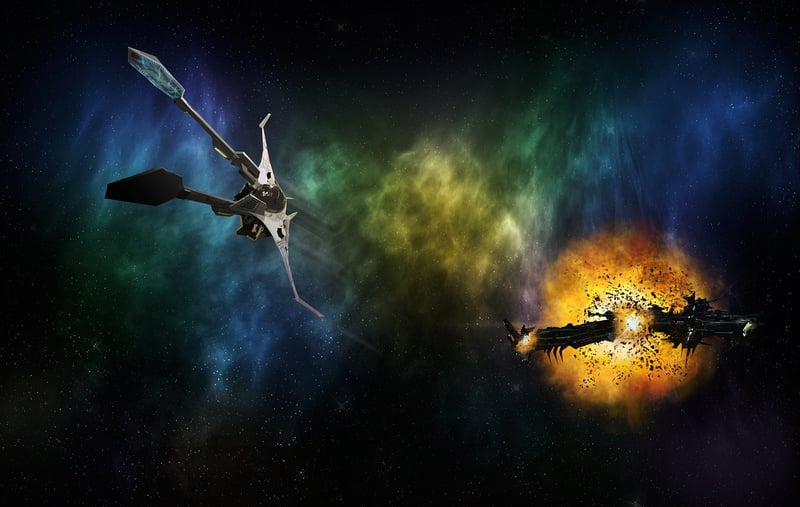Future Dystopia
Exploring Different Eras: From Past to Future Dystopia
Throughout history, humanity has experienced various eras that have shaped the world we live in today. From ancient civilizations to modern times, each period has its own unique characteristics and contributions to society. Let's take a journey through different eras and delve into a future dystopian world.
Ancient Era
The ancient era, spanning from the dawn of human civilization to the fall of the Roman Empire, was characterized by significant advancements in agriculture, architecture, and philosophy. Civilizations such as Mesopotamia, Egypt, Greece, and Rome laid the foundation for future societies through their innovations and cultural developments.

Medieval Era
The medieval era, also known as the Middle Ages, witnessed the rise of feudalism, the spread of Christianity, and significant advancements in art and architecture. Castles, cathedrals, and epic tales of knights and chivalry characterize this period, which lasted from the 5th to the 15th century.

Industrial Revolution
The Industrial Revolution, starting in the late 18th century, marked a significant shift from agrarian societies to industrialized nations. Technological advancements, mechanization, and urbanization transformed economies and societies, leading to rapid industrial growth and societal changes.

Modern Era
The modern era, characterized by globalization, technological advancements, and cultural exchange, has seen unprecedented progress in various fields. From space exploration to the digital revolution, the modern era continues to shape our interconnected world and pave the way for future developments.

Future Dystopia
Looking ahead, the concept of a future dystopia raises questions about the potential consequences of unchecked technological advancement, environmental degradation, and societal inequalities. Imagining a world where oppressive regimes control every aspect of life or where resources are scarce paints a grim picture of a possible future.

As we reflect on different eras and contemplate the future, it becomes evident that history serves as a compass for navigating the complexities of our world. By learning from the past and envisioning different futures, we can strive to create a more equitable and sustainable world for generations to come.
